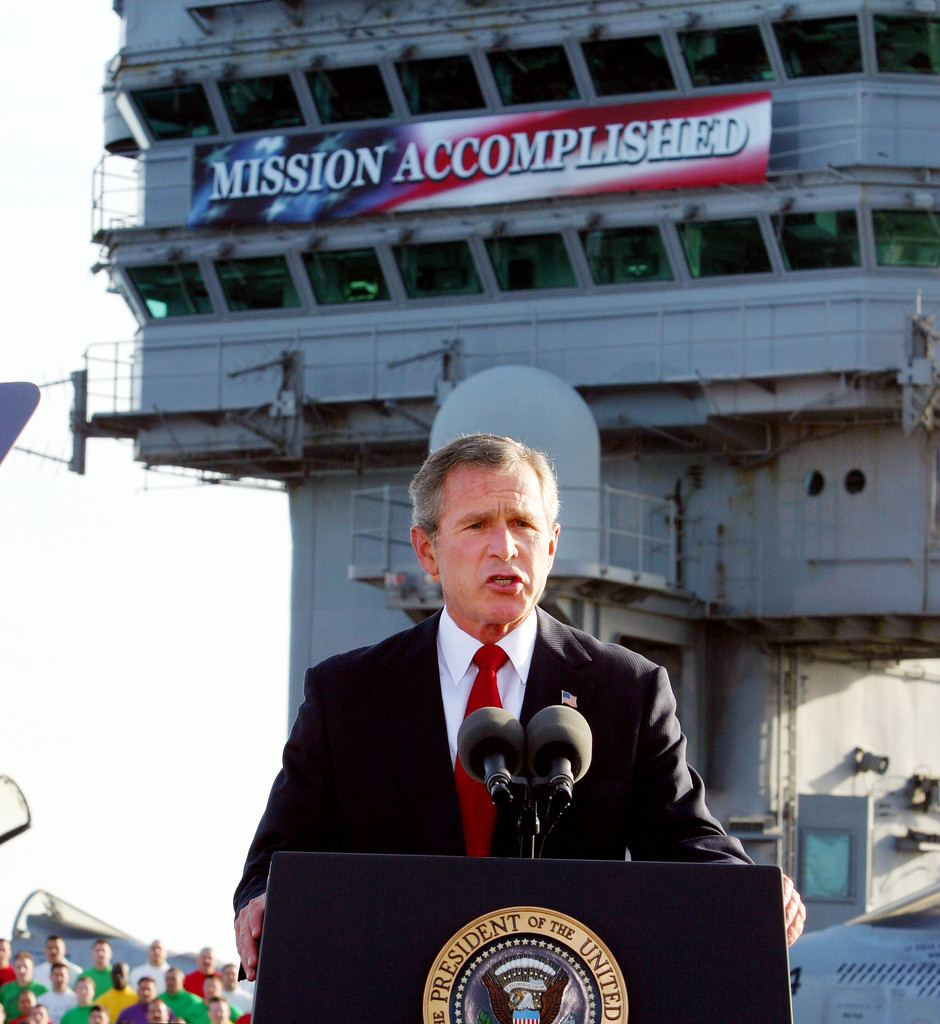Alex.
Diamond Member
- Aug 18, 2014
- 9,894
- 4,977
- 2,095
- Banned
- #341
LOL yet you are the only one who continues to cry.I am not whining, I made an informed judgment on this treaty and it's effects.Alex 11876211Seems to me that Obama is working for the Russians again as they benefit by having their ally Iran reap the rewards of this agreement.
Our President got huge applause yesterday at a VFW Post, when he defined opposition to this treaty as the same misguided thinking that chose war over diplomacy in March 2003 when US troops were sent on a wild goose chase into Iraq.?
Russia warned Bush that it would be a disaster to invade. Putin was with diplomacy working on that one.
You have no alternative to what this treaty accomplishes. It's in effect and will not be stopped.
Diplomacy will prove to be the way tather than war. You are working for the same neocon fools that gave us 4484 dead US troops in Iraq.
I agree with Obama on that.
Continue with your whine. It's all you can do, until time proves you wrong as time proved Bush wrong on Iraq.
And 30 pages later, you have provided no alternative...just whining.




















